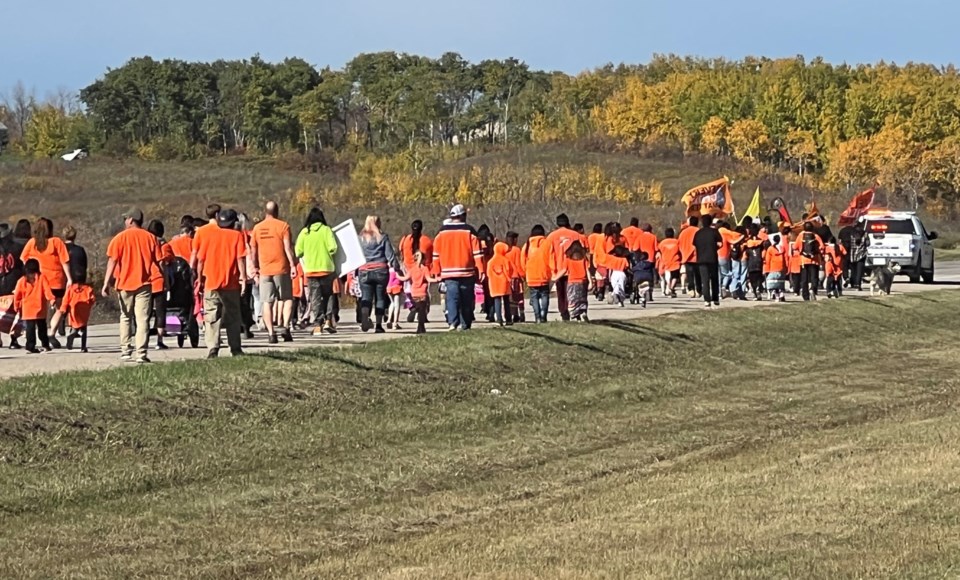In Canada, Truth and Reconciliation is not just a phrase or policy but a journey – a path toward healing and understanding that affects every citizen, Indigenous or non-Indigenous alike.
The history of residential schools and the injustices suffered by Indigenous peoples in this country cannot be erased, but it can be faced with honesty, empathy, and a commitment to meaningful action.
The 2015, the Truth and Reconciliation Commission (TRC) laid the foundation for this journey with its 94 Calls to Action. These recommendations, meant to address the legacy of residential schools and advance the process of reconciliation, serve as a roadmap for how Canada can repair its relationship with Indigenous peoples.
However, the pace of implementation has been slow, and the question remains, how committed is Canada to this path?
True reconciliation requires a reckoning with the past. Residential schools, which operated for over a century, sought to erase Indigenous culture, language and identity.
The effects of this cultural genocide reverberate today in the form of intergenerational trauma, systemic inequality, and persistent social and economic disparities.
Non-Indigenous Canadians must not shy away from acknowledging the harm that has been done. Recognition and understanding are the first steps to meaningful reconciliation.
But truth alone is not enough. Reconciliation demands action. The Calls to Action from the TRC address areas like child welfare, education, language preservation, health and justice.
While some progress has been made, particularly in public awareness and symbolic gestures like the National Day for Truth and Reconciliation on Sept. 30, there is still much work to be done in areas like systemic reform and resource allocation.
Indigenous communities continue to face challenges in accessing clean water, health care and equitable education – issues that remain glaring failures in a nation as prosperous as Canada.
Education plays a crucial role in fostering understanding. Schools across the country are now beginning to incorporate Indigenous history and culture into their curricula, but this is still a work in progress.
Younger generations must be equipped with the knowledge of Canada’s true history, not the sanitized version that has dominated the national narrative for so long. Only through honest education can the wounds of the past begin to heal.
At the same time, Indigenous voices must be at the forefront of the reconciliation process. Too often, decisions are made about Indigenous peoples without their full participation.
True reconciliation cannot happen unless Indigenous communities are empowered to lead the process and define what reconciliation means to them.
For non-Indigenous Canadians, reconciliation involves more than just passive acknowledgment. It requires a commitment to listen, learn and take meaningful action.
This can mean advocating for policy changes, supporting Indigenous businesses and initiatives, and engaging in community efforts that foster dialogue and understanding.
Reconciliation is not a one-time event or a box to check, it is an ongoing responsibility.
Canada stands at a critical junction. The path to reconciliation is long, and there are no shortcuts. But by confronting our history, supporting Indigenous self-determination, and working together toward a more equitable future, Canada can become a nation where justice and healing are not just ideals but realities.
The question is not whether reconciliation is possible but whether we are willing to do the hard work required to achieve it.
On Sept. 30 across many communities, there will be Truth and Reconciliation gatherings. Take the time to be part of this and do your part in supporting this important cause.
Wear your orange shirt and if you do not have one, purchase one from a company that will give back to the community.
It is so important that we stand together and make the future brighter for everyone.




